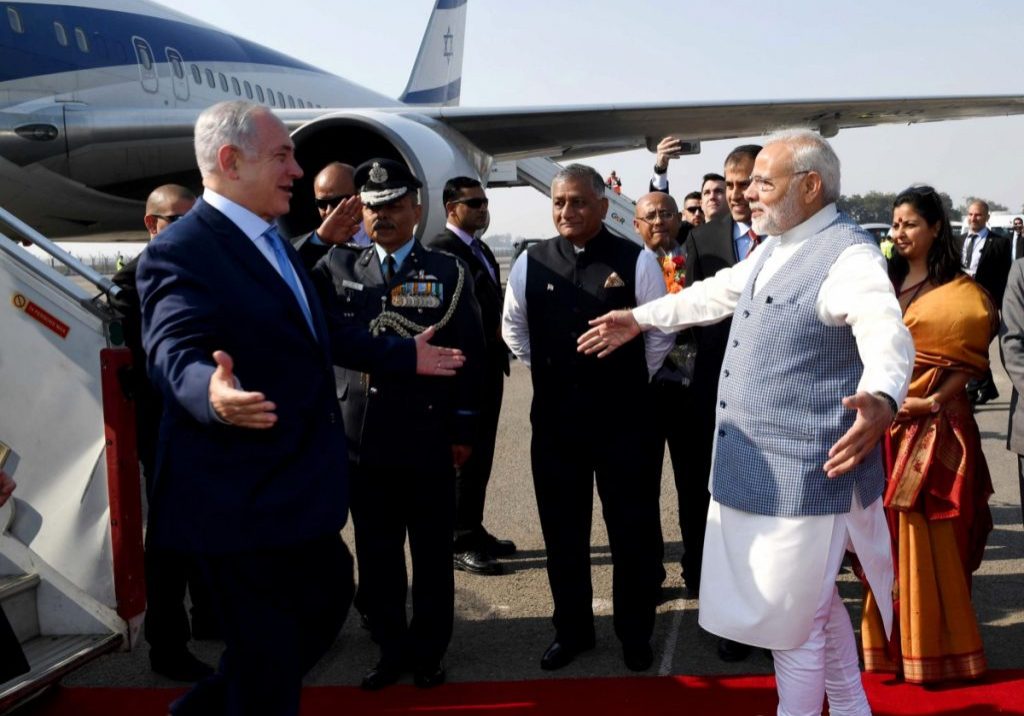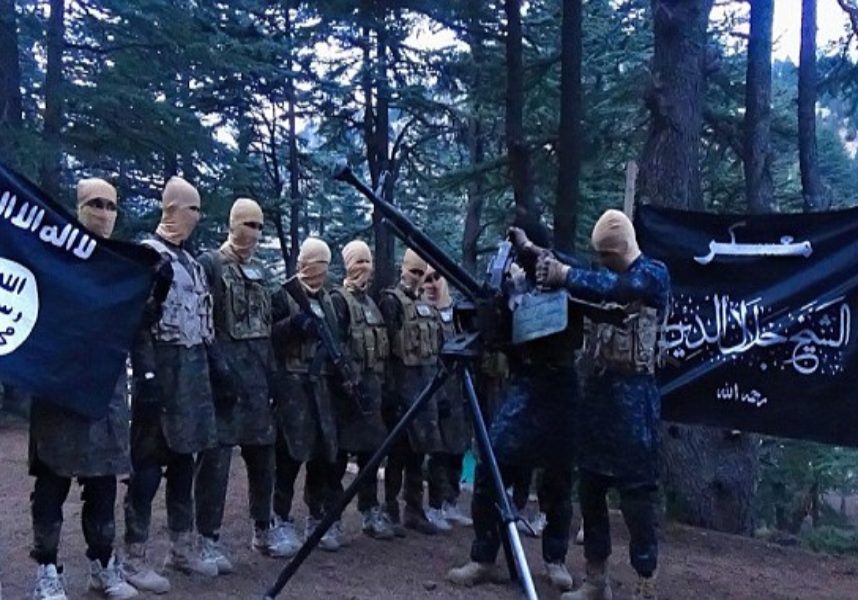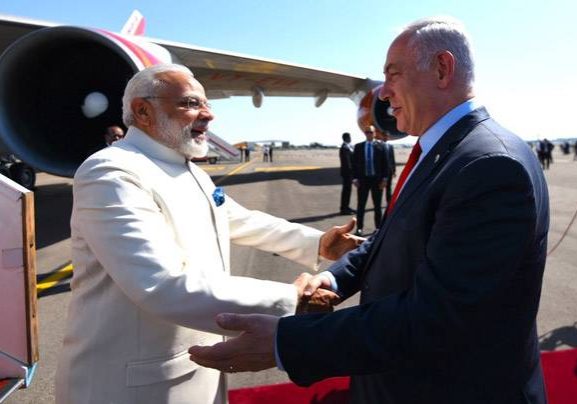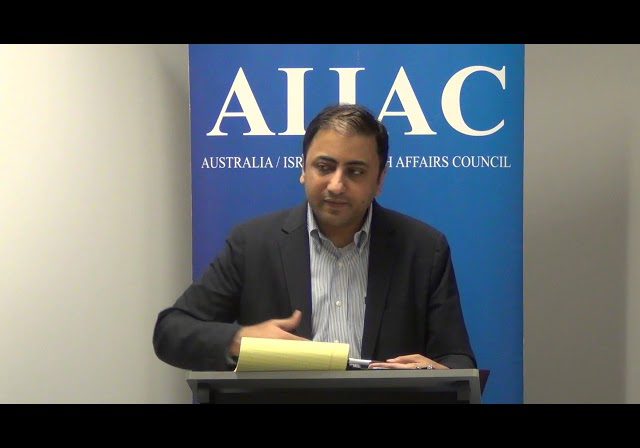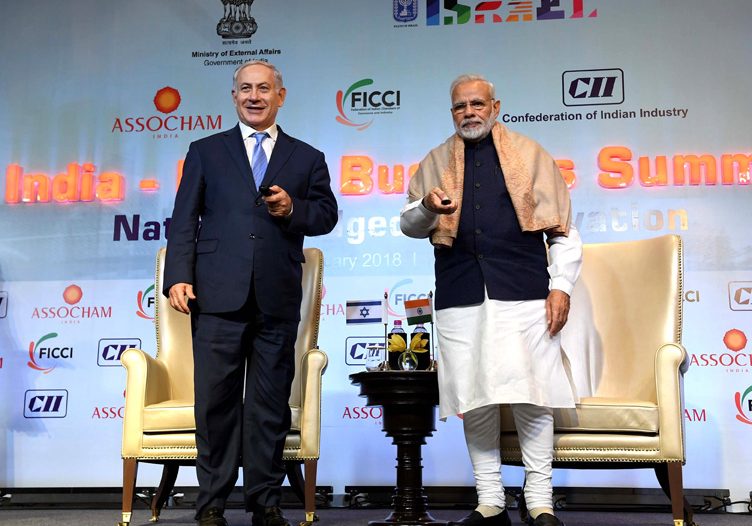Australia/Israel Review
How do other countries protect their holy sites?
Aug 7, 2017 | Seth J. Frantzman
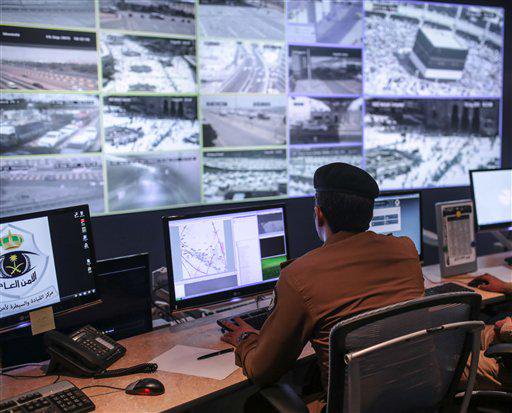
Seth J. Frantzman
Palestinians have accused Israel of infringing on the status quo at the Temple Mount by installing metal detectors after a terrorist attack on July 14. Daily protests, clashes and public prayer outside the Old City’s Lions’ Gate have erupted. The Jerusalem Waqf Islamic trust called on worshippers to refrain from entering the compound until the detectors are removed.
But how do other countries handle security at sensitive holy sites? In Mecca there are more than 5,000 CCTV cameras and over 100,000 people employed to provide security during the annual Hajj. Like Israel, Saudi Arabia faces terrorist threats and has upgraded its security in recent years.
In June Saudi Arabia stopped a suicide bomber who reports said was planning a terrorist attack on the Grand Mosque in Mecca. In 2015 the International Business Times reported that Saudi Arabia was “issuing pilgrims with electronic bracelets” and was increasing the number of cameras.
Pilgrims on Hajj do not regularly pass through metal detectors in the vicinity of the holy sites, but they do pass through them on the way to Hajj at border controls and at airports.
The Vatican in Rome has also upped security recently amid terrorist threats. In 2015 reports noted that it had installed the highest security in history. In 2015 more than 5,000 extra police were deployed, according to reports, and checkpoints were set up at St. Peter’s Square. Photos in the Daily Mail showed police searching and patting down nuns. Metal detectors were also installed and photos show nuns and the faithful passing through them. In 2016 the travel guide Frommer’s reported “new security checks to enter St. Peter’s Square.”
These included, according to a traveller at TripAdvisor, “metal detectors and airport-type screening devices.” The public square was previously an open space without security checks.
After terrorist attacks against the Buddhist pilgrimage site Bodh Gaya in Bihar in India in 2013, new security measures were put in place. The government ordered a security audit of the Mahabodhi Temple. “Armed protection cover of central paramilitary commandos” was sent to the site, according to The Indian Express.
The Sikh Golden Temple in Amritsar has also increased security in recent years. According to a report at Tribune India, after an Islamist attack at Pathankot Air Base, “special police squads equipped with bomb detection sensing devices, were spotted frisking every nook and corner of the shrine,” in January 2016. Visitors also reported CCTV cameras.
The Ismaili Muslim procession in Lahore in Pakistan called Youm-i-Ali has had increased security because of terrorist threats from jihadists.
“Participants of the procession were frisked by security officials,” noted The Express Tribune. “They were then checked using metal detectors.”
CCTV and more than 5,000 security personnel were deployed in June of this year.
Similarly, access to Judaism’s holy site at Jerusalem’s Western Wall includes metal detectors, CCTV and armed guards.
However, a Channel 2 report earlier this year noticed that religious Jews visiting the Wall on Shabbat were not subjected to the detectors because passing through them could violate Shabbat.
There are many exceptions to this list where security has not increased or is almost nonexistent.
When I travelled to Japan several years ago there was little security at temples.
The Holy Sepulchre in Jerusalem does not have visible security to enter, although the police in the Old City have an extensive network of cameras and guards, patrol nearby and keep a close eye on the area. Security increases at the site during special visits.
What unites the use of layers of security from Jerusalem to the Vatican and Mecca is the threat from terrorism, specifically Islamist extremist terrorism that has targeted shrines and pilgrims from India to Europe. In the last decade security has increased dramatically, including metal detectors but mostly in the use of cameras and deployment of armed soldiers and police. This is often to protect the worshippers or the site from attack. In the case of the Temple Mount, the Waqf argues that it doesn’t want the security, unlike other holy sites or festivals that have sought security for protection.
© Jerusalem Post, reprinted by permission, all rights reserved.
Tags: India

